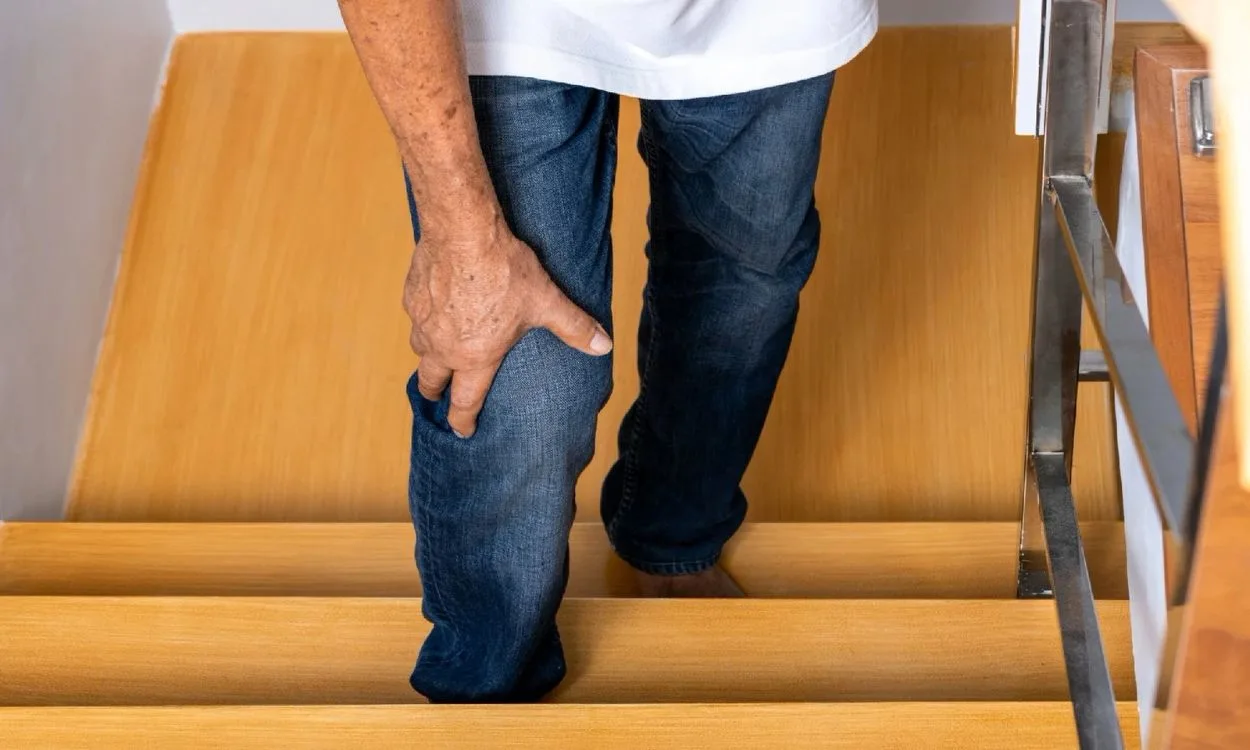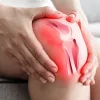Can Knee Pain Cause Difficulty in Walking and Climbing Stairs?
Knee pain is a common issue that many people experience, especially as they age. It can have a significant impact on daily activities such as walking and climbing stairs. In this blog article, we will explore the causes of knee pain, its effects on mobility, and how it can be managed.
Understanding Knee Pain
The knee joint is a complex structure that consists of bones, cartilage, ligaments, and tendons. It is responsible for supporting the weight of the body and facilitating movement. When there is damage or inflammation in any of these structures, it can lead to knee pain.
Common Causes of Knee Pain
- Osteoarthritis: This is the most common type of arthritis that affects the knee joint. It occurs when the protective cartilage that cushions the bones wears down over time, causing pain, stiffness, and swelling.
- Injury: Knee injuries, such as ligament tears (ACL or MCL) or meniscus tears, can cause severe pain and affect mobility. These injuries are often caused by sports-related activities or accidents.
- Bursitis: Bursae are small fluid-filled sacs that act as cushions between the bones, tendons, and muscles around the joint. When these sacs become inflamed, it can result in knee pain.
- Tendonitis: Tendonitis refers to the inflammation of the tendons that attach muscles to bones. When the tendons around the knee become inflamed, it can cause pain and difficulty in movement.
- Overuse or repetitive strain: Activities that involve repetitive movements, such as running or jumping, can strain the knee joint and lead to pain.
Effects of Knee Pain on Mobility
Knee pain can have a significant impact on one’s ability to walk and climb stairs. The pain and discomfort experienced in the knee joint can make these activities challenging and even unbearable. Here are some ways knee pain can affect mobility:
- Difficulty Walking: Knee pain can make it difficult to walk or put weight on the affected leg. The pain may worsen with each step, leading to a limp or altered gait.
- Stiffness: Knee pain can cause stiffness in the joint, making it harder to bend or straighten the leg fully. This stiffness can further limit mobility and affect daily activities.
- Instability: In some cases, knee pain can cause a feeling of instability or buckling in the joint. This can make walking or climbing stairs risky and increase the chances of falls or further injury.
- Reduced Range of Motion: Knee pain can limit the range of motion in the joint, making it challenging to perform movements like bending or straightening the leg fully. This can affect mobility and overall functionality.
Managing Knee Pain and Improving Mobility
While knee pain can be debilitating, there are several measures that can be taken to manage the pain and improve mobility. Here are some strategies that can help:
- Rest and Ice: Resting the knee and applying ice packs can help reduce pain and inflammation caused by overuse or injury.
- Physical Therapy: Working with a physical therapist can help strengthen the muscles around the knee joint, improve flexibility, and enhance stability. This can aid in pain management and improve mobility.
- Pain Medication: Over-the-counter pain medications, such as acetaminophen or nonsteroidal anti-inflammatory drugs (NSAIDs), can provide temporary relief from knee pain. However, it is essential to consult a healthcare professional before taking any medication.
- Weight Management: Maintaining a healthy weight can reduce the stress on the knee joint and alleviate pain. Losing excess weight, if necessary, can significantly improve mobility.
- Assistive Devices: Using assistive devices like crutches or canes can provide support and stability while walking, especially during episodes of severe knee pain.
- Surgery: In cases where conservative treatments do not provide relief, surgery may be recommended. Procedures such as arthroscopy, knee replacement, or repair of ligaments or tendons can help restore mobility and reduce pain.
Fitpaa – Helping You Regain Mobility and Achieve Your Health Goals
If you are struggling with knee pain or any other health and fitness goals, Fitpaa is here to help. Fitpaa is an end-to-end AI-driven metabolism monitoring and management technology that can assist you in achieving your health and fitness goals with guaranteed results.
Fitpaa uses the latest research in lifestyle medicine and behavioral therapy to strengthen all 11 organ systems, including the musculoskeletal system, to deliver guaranteed results. By optimizing your metabolism and providing personalized Fitpaa Capsules, Fitpaa can help you achieve your health and fitness goals while ensuring overall well-being.
The Fitpaa app offers a comprehensive set of features such as a virtual workout trainer, diet tracker, performance tracking, and progress tracking to make following your Fitpaa Capsule easy and effective. With real-time guidance and regular reviews from a team of fitness planners, nutritionists, trainers, and doctors, you can stay motivated and on track towards your fitness goals.
To experience the joy of getting fit and excel in life, download the Fitpaa app now. Your well-being is our mission, and we are here to support you every step of the way. Remember, with Fitpaa, nothing is impossible!









